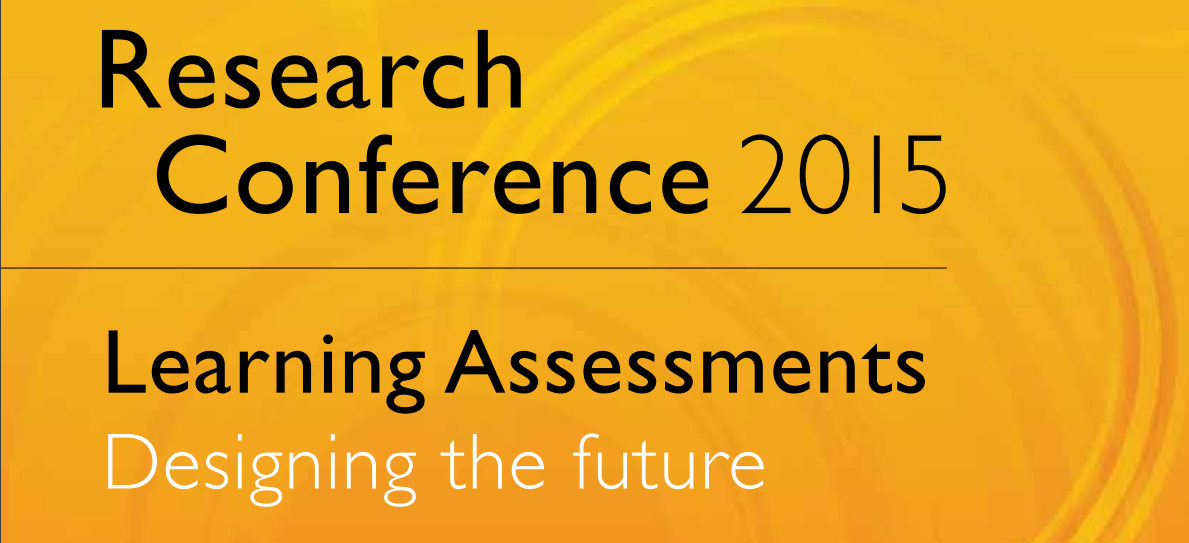
Monday 17 August 2015
Start Date
17-8-2015 11:15 AM
End Date
17-8-2015 12:30 PM
Subjects
Competency based assessment, Competence, Skills, Electronic portfolios, Student assessment
Abstract
Both Australia and New Zealand have recently taken up the idea of ‘key competencies’ (‘capabilities’ in the Australian national curriculum) initially proposed by the Organisation for Economic Co-operation and Development. In both countries we have made them our own by adapting them to suit our own educational contexts. People often say that these capabilities won’t be taken seriously unless they are assessed. So whether, and how, to assess them continue to be vexed questions. In this paper I argue that capabilities are more appropriately seen as changing the curriculum rather than adding to it. If we are serious about preparing students for the future, outcomes for learning need to be re-imagined at the complex intersection of capabilities and traditional content prior to determining any assessment approaches.
Recommended Citation
Hipkins, R. (2015, August 17). Should generic curriculum capabilities be assessed? [Paper presentation]. Research Conference 2015 - Learning assessments: Designing the future. https://research.acer.edu.au/research_conference/RC2015/17august/7
Copyright Statement
Copyright Australian Council for Educational Research 2015
Place of Publication
Melbourne
Publisher
Australian Council for Educational Research (ACER)
ISBN
9781742862873
Geographic Subject
New Zealand
Included in
Curriculum and Instruction Commons, Educational Assessment, Evaluation, and Research Commons
Should generic curriculum capabilities be assessed?
Both Australia and New Zealand have recently taken up the idea of ‘key competencies’ (‘capabilities’ in the Australian national curriculum) initially proposed by the Organisation for Economic Co-operation and Development. In both countries we have made them our own by adapting them to suit our own educational contexts. People often say that these capabilities won’t be taken seriously unless they are assessed. So whether, and how, to assess them continue to be vexed questions. In this paper I argue that capabilities are more appropriately seen as changing the curriculum rather than adding to it. If we are serious about preparing students for the future, outcomes for learning need to be re-imagined at the complex intersection of capabilities and traditional content prior to determining any assessment approaches.

